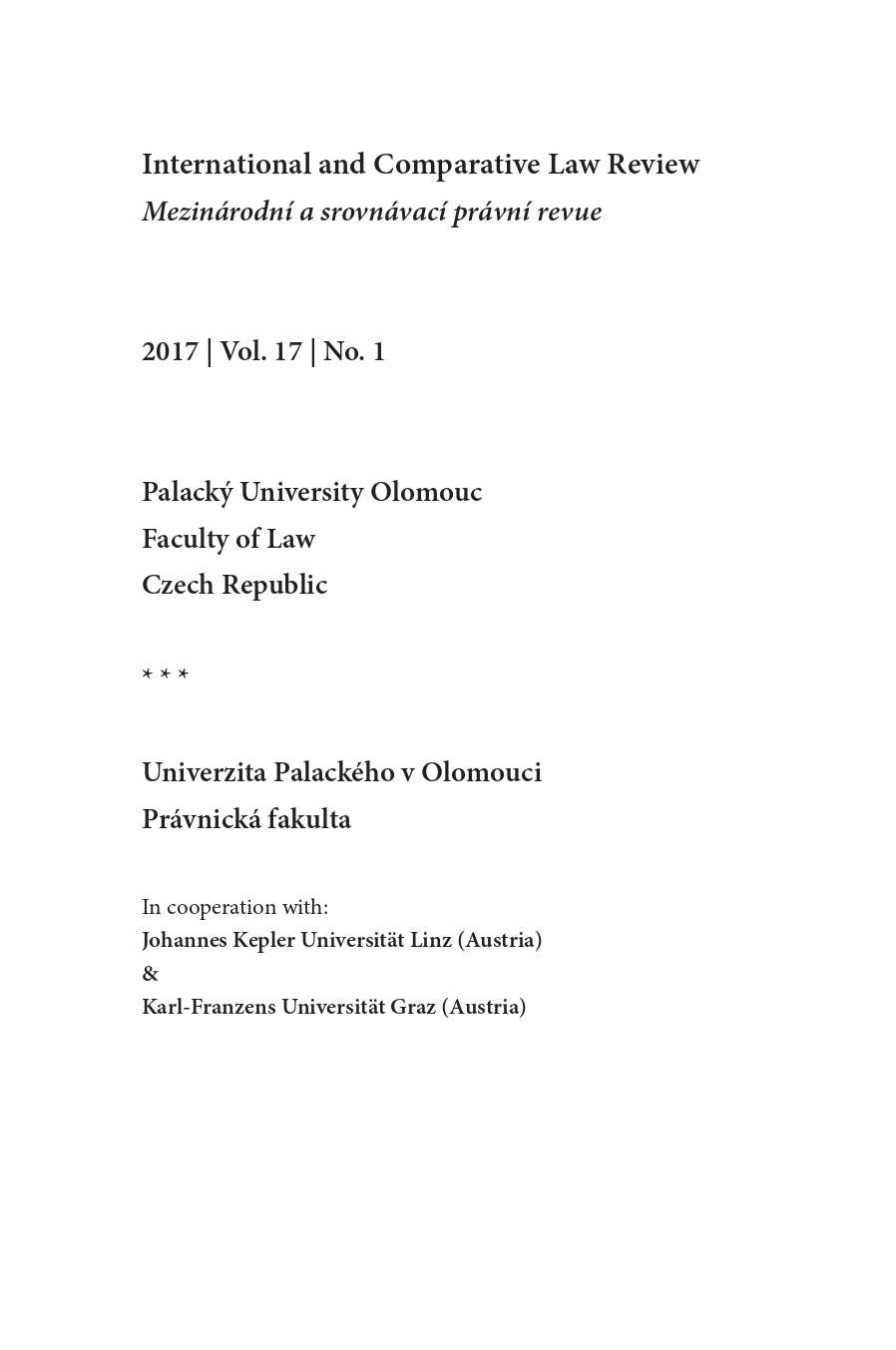Is the Inter-American Human Rights System Biased? A Quantitative Analysis of Regional Human Rights Litigation in the Americas
Is the Inter-American Human Rights System Biased? A Quantitative Analysis of Regional Human Rights Litigation in the Americas
Author(s): Simon ZschirntSubject(s): Civil Law, International Law, Human Rights and Humanitarian Law, Government/Political systems
Published by: Univerzita Palackého v Olomouci_1
Keywords: Organization of American States; Inter-American human rights system; Inter-American Commission on Human Rights; strengthening process; Bolivarian Alliance for the Peoples of Our America;
Summary/Abstract: Although the Organization of American States’ Inter-American human rights system has played a key role in the advancement of human rights, its work has recently become controversial. Some leftist governments have alleged bias, criticizing the system as a politicized one that prioritizes certain rights over others and embodies a neoliberal ideology that reflects disproportionate US influence. The system has also faced perceptions of cultural bias from Anglophone Caribbean states. This article tests the veracity of these allegations using statistical analysis of Inter-American Commission on Human Rights decisions. It finds that, even when controlling for a range of relevant factors, there have been significant differences in the Commission’s receptiveness to different types of claims of human rights violations. However, the Commission’s decisions have not exhibited any political or cultural biases. Also, to the extent there has been bias involving the United States, it has arguably been bias against the United States.
Journal: International and Comparative Law Review
- Issue Year: 17/2017
- Issue No: 1
- Page Range: 51-81
- Page Count: 31
- Language: English

